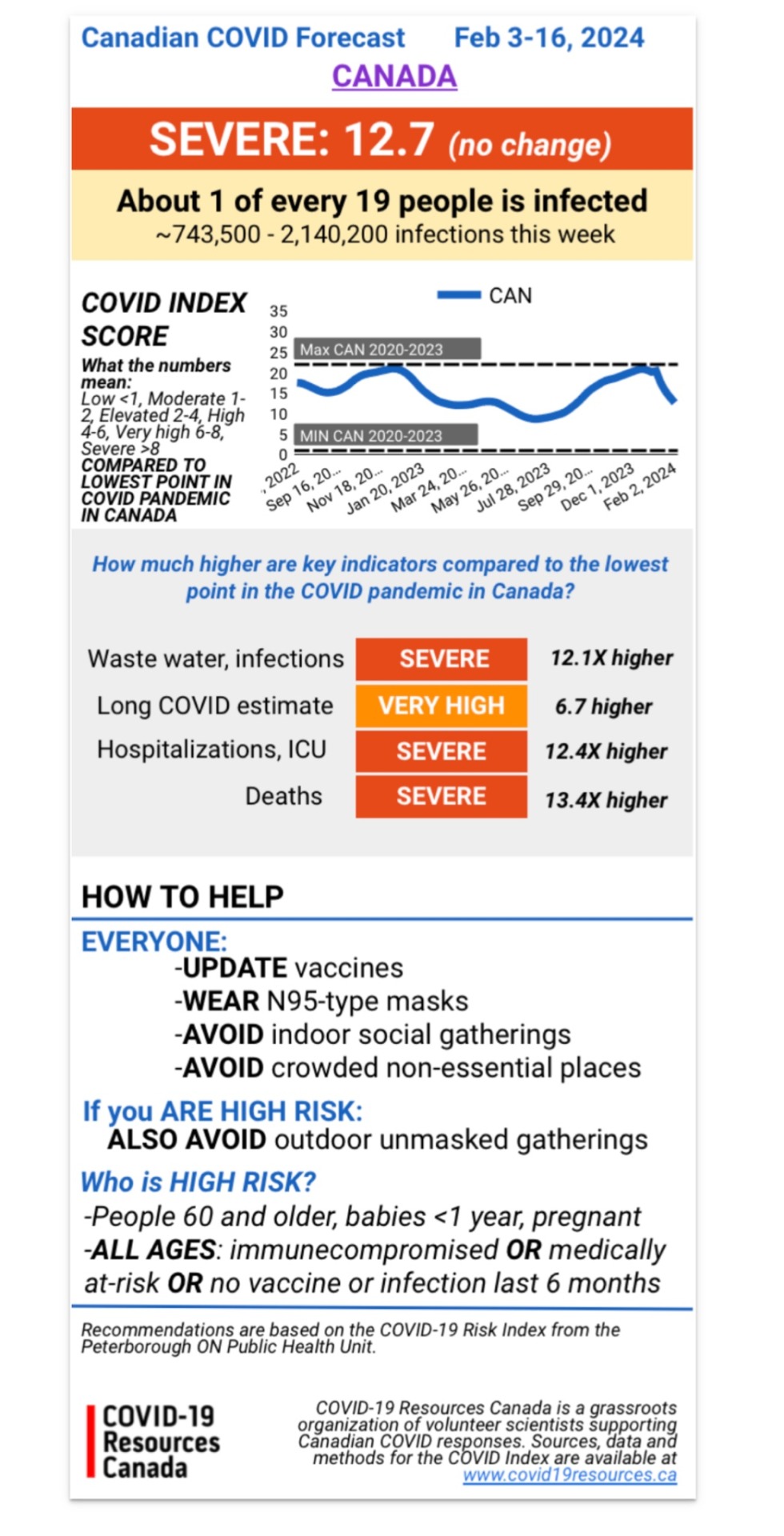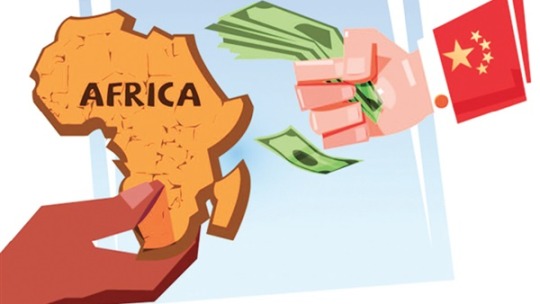#Africa and Pandemic
Text
Surfing The Tides: Digital Media Has Come Out Tops In Post-Lockdown Africa

Social media enjoys high exposure in Africa
Of all the communication channels available today, social media is the channel that most people claim they have been exposed to in terms of brand and advertising messages, since Covid-19. This exposure to social media is particularly high in Africa, with South Africa, Kenya and Nigeria leading the pack in this regard. These African countries claim to be much more exposed to digital media in general than the rest of the world does, and less to physical magazines than their global counterparts.
Tried-and tested television still elicits trust
However, when it comes to trusting the media for product or service information, people in African countries tend to rely on broadcast media, having the least faith in printed magazines or newspapers. Despite their evident prevalence, people in Africa are still somewhat suspicious about the integrity of digital channels, specifically in South Africa where only 39% of people trust social media.
TV holds by far the highest trust as a source of information, at a global level but being particularly pronounced in African countries. We saw the particular importance of TV in our recent study on the impact of Covid-19 on media consumption and consumer behaviour, when the majority of people turned to it their go-to source of information about the pandemic.
As well as being deemed the most trustworthy in terms of product/ service information, TV is also seen as the best option to turn to as a source of news. Interestingly, radio still fares extremely well in this regard, again reiterating the weight that broadcast media plays in instilling trust in the minds of consumers.
African countries mirror these trends, in fact doing this to a much higher degree than the rest of the world, with 89% of Kenyans switching on the television to get their news fix.
In Africa, when it comes to an advert translating to the sale of a product, social media and television are the winners. Particularly in Kenya and Nigeria, social media is extremely powerful in persuading consumers to purchase products: From this, we read that the relatively low trust that it holds does not deter consumers from allowing this channel to influence their purchase decisions. Evidently, its extreme prevalence and awareness in the region counters this effectively.
This also speaks to recent studies that we have conducted which indicate an increased reliance on online shopping in Sub Saharan Africa, since the onset of Covid-19.
In Africa, as with the rest of the world, physical magazines and newspapers are the least effective channels for creating sales.
Going viral
Delving specifically into digital channels and the trust instilled in each of them, we see that South Africans and Kenyans follow worldwide patterns in that search engines are the digital channel they trust the most. This is likely because individuals exert a measure of control over the search process.
Nigerians, by comparison, trust social media the most of all the digital channels – as we saw earlier, this translates into high purchasing behaviour.
Direct marketing campaigns run through emails are the least trusted digital channel worldwide, including in Africa.
Digital trust
While there is no doubt that digital media platforms are taking over the way we search for information, shop or get the news, the majority of people surveyed still prefer a mix of digital and traditional media.
However, that figure is rapidly changing. When we asked people that claim to have stopped using newspapers and magazines altogether, 75% claimed to have done so within the last year, 25% since the onset of Covid-19. That number rises for African countries where 75% of Kenyans have given up print media since the pandemic.
Marketers should leverage the power of social media in Africa
If you want people to see your advert or to interact with your brand in Africa, digital media (particularly social media) is the way to go. In South Africa, Nigeria and Kenya, people are more likely to buy based on social media persuasion, than the global average.
They have left physical magazines behind. Traditional broadcast media (television and radio) are still powerful tools in this region compared with their impact elsewhere in the world – especially as a source of news. However, digital trumps traditional media with regards to triggering purchase, and marketers should leverage this strong tool in this developing nation.
Would you like to discover more about your consumers' media consumption and their rapidly changing habits? Then all you need to do is connect with us.
#Social Media Behaviour#Consumer Research#Africa and Pandemic#Africa Digital Market Research#Digital Consumer Insights#Social Media Exposure in Africa#Africa Social Media Insights
0 notes
Text
so they've now found the New Improved monkeypox that WHO has declared a public health emergency outside of Africa- in Sweden and the US so far
heres me thinking we're facing down the next pandemic as This Current Covid Mess vs bird flu but now here comes fucking monkey pox with the steel chair
#i dont even like infectious disease studies im just forced to pay attention bc theres no public health#also fucking bollocks that weve only just started caring about mpox bc its outside africa#but thats a whole different essay#anyways#may the odds be ever in your favour#pandemic#the who#world health organization#monkeypox#mpox#mpox outbreak#mpox virus#bird flu#h5n1#h5n1birdflu#h5n1 virus#covid 19#sars cov 2#sars2#covid isnt over#wear a mask
17 notes
·
View notes
Text




#african#africans#south africa#south african#kemetic dreams#aids#hiv#aids crisis#aids history#virus#diease#afrakan#afrakans#pandemic
135 notes
·
View notes
Text
Is that tall brunette lady Charlene?
#obsessed w her miserable marriage#when she fecked off back to south africa in the pandemic for like 2 years and they wouldnt comment on it#OBSESSED#it IS her
8 notes
·
View notes
Text
#Uganda #ebola #lockdown

View On WordPress
2 notes
·
View notes
Link
The need to revisit health policies to alleviate the burden on the public health system...
#OECD #morganchetty #health #healthcare #southafrica #pandemic #Covid19 #africa #Opinion
0 notes
Text
The Best Supplements for Runners
#Running was popular before the emergence of Covid-19#but it has seen a genuine boom since the onset of the pandemic. According to a survey conducted by Nielsen Sports in Australia#Colombia#France#India#Japan#Kenya#Mexico#South Africa#the UK#and the United States#four in ten of the 8#414 questioned participants considered themselves to be runners#with 30% stating they run at least once a week. The study’s results indicated that males and females are close to equally represented among#respectively).
0 notes
Text

Update:
Canadian Covid-19 Forecast: Feb 3 - Feb 16, 2024 🦠
See detailed provincial forecasts - pages 7-10 - here: 🦠🦠
#Covid-19#Canada#still in the 2nd biggest wave of the pandemic#it looks like it could be stabilizing#so hopefully we can start to trend downwards#a new variant from South Africa has landed in Italy#pls stay safe everyone
0 notes
Text
In this book you focus on the idea of gender as a global ‘phantasm’ – this charged, overdetermined, anxiety- and fear-inducing cluster of fantasies that is being weaponised by the right. How did you go about starting to investigate that?
Judith Butler: When I was burned in effigy in Brazil in 2017, I could see people screaming about gender, and they understood ‘gender’ to mean ‘paedophilia.’ And then I heard people in France describing gender as a Jewish intellectual movement imported from the US. This book started because I had to figure out what gender had become. I was naïve. I was stupid. I had no idea that it had become this flash point for right-wing movements throughout the world. So I started doing the work to reconstruct why I was being called a paedophile, and why that woman in the airport wanted to kill me with the trolley.
I’m not offering a new theory of gender here; I’m tracking this phantasm’s formation and circulation and how it’s linked to emerging authoritarianism, how it stokes fear to expand state powers. Luckily, I was able to contact a lot of people who translated Gender Trouble in different parts of the world, who were often gender activists and scholars in their own right. They told me about what’s happening in Serbia, what’s happening in Brazil, Chile, Argentina, Russia. So I became a student of gender again. I’ve been out of the field for a while. I stay relatively literate, of course, but I’ve written on war, on ethics, on violence, on nonviolence, on the pandemic… I’m not in gender studies all the time. I had to do a lot of reading.
There’s a lot of focus in the book on how the anti-gender movement has moved across the world in the past few decades, and how it’s inextricable from Catholic doctrine. It was clarifying for me; domestic anti-trans movements in the UK mostly self-identify as secular.
Judith Butler: In the UK, and even in the US, people don’t realise that this anti-gender ideology movement has been going on for some time in the Americas, in central Europe, to a certain degree in Africa, and that it’s arrived in the US by different routes, but it’s arrived without announcing its history. It became clear to me that a lot of the trans-exclusionary feminists didn’t realise where their discourse was coming from. Some of them do; some people who call themselves feminists are aligned with right-wing positions, and it’s confusing, but there it is.
There’s an uncomfortable history of fascist feminism in movements like British suffragism, for instance.
Judith Butler: Yes, and of racism. But when Putin made clear that he agreed with JK Rowling, she was probably surprised, and she rightly said, ‘no, I don’t want your alliance’, but it was an occasion for her to think about who she’s allying herself with, unwittingly or not. The anti-gender movement was first and foremost a defence of Biblical scripture, and of the idea that God created man and woman, and that the human form exists only in this duality and that without it, the human is destroyed – God’s creation is destroyed. So that morphed, as the Vatican’s doctrine moved into Latin America, into the idea that people who advocate ‘gender’ are forces of destruction who seek to destroy man, woman, the human, civilisation and culture.
7K notes
·
View notes
Photo

In Gaborone, the sun rises on a new day with Africa's health experts gathering to discuss pandemic readiness. In the stillness of the morning, a mysterious air hangs in the air of this ancient African city, as if a secret is ready to be revealed. The experts, mysterious themselves, are drawn here by their knowledge and skill, eagerly waiting to unearth the unknown. It is as if a wise, ancient spirit is calling them to use their collective wisdom and uncover a secret so powerful, it could shape the future of the continent.
0 notes
Text
ive been saying this for Literally Years Now but the most direct medical comparison to covid probably is never going to be HIV on any metric, overall it's probably the SARS outbreak of the early aughts (related viruses, similar transmission, what appear thus far to be similar rates/experiences of post-viral conditions and disability) and politically i do understand why people reach for HIV but like you really need to understand that our current situation is similar to how EVERY SINGLE pandemic / epidemic / outbreak has 'ended' in recent / capitalist history. these are political designations, that tend to get made once the ruling class considers itself safe, and it is typical that workers, global southerners, racialised people, &c continue to bear the brunt of diseases that would be treatable or preventable, were imperial countries and their ruling classes to care. we should be furious every time this happens and in every case where it is still happening: flu, TB, malaria, ebola, zika, plague, on and on, even the smallpox eradication campaign championed as a definitive triumph for public health occurred unevenly and the US and europe allowed the disease to continue to exact its most brutal toll on people in the Horn of Africa and southeast Asia until it was finally eradicated. covid is not unique in its medical OR political properties or ramifications, if you think it is you sorely need to do some more reading and this is why it is both unhelpful and yes, often homophobic to see how often 'covid communicators' jump straight to making alarmist and poorly contextualised comparisons to HIV, Specifically.
2K notes
·
View notes
Text
Omicron: What to Know About the New COVID Variant XBB1-16

Hey everyone,
I just came across an article on Nation Insight Feed that I think is really important to share. It's about the new COVID-19 variant called Omicron, also known as XBB1-16. According to the article, this variant is causing concern among health officials because it has a high number of mutations that could make it more transmissible and potentially more resistant to vaccines.
If you want to stay informed about this new variant, I highly recommend reading the article on Nation Insight Feed. It breaks down what we know so far about Omicron, including its origins, symptoms, and how it differs from previous variants. It also includes information on what steps you can take to protect yourself and others.
Here's the link to the article: https://www.nationinsightfeed.com/2023/05/omicron-what-to-know-about-the-new-covid-variant-xbb1-16-204598.html
Stay safe and stay informed!
#health#covid 19#global health#new variant#omicron#pandemic response#public health#transmissibility#vaccination#south africa#immune response
0 notes
Text
Recent re-emergence of Marburg virus disease in an African country Ghana after Guinea amid the ongoing COVID-19 pandemic: Another global threat? Current knowledge and strategies to tackle this highly deadly disease having feasible pandemic potential
0 notes
Text
WHO declares health emergency over Mpox spread
1 note
·
View note
Text
الديون الخارجية وتأثيرها على النمو الاقتصادى فى أفريقيا جنوب الصحراء - دراسة قياسية منذ عام 2006
الديون الخارجية وتأثيرها على النمو الاقتصادى فى إفريقيا جنوب الصحراء – دراسة قياسية منذ عام 2006
الديون الخارجية وتأثيرها على النمو الاقتصادى فى إفريقيا جنوب الصحراء – دراسة قياسية منذ عام 2006
المؤلف: جيهان عبد السلام عباس
کلية الدراسات الافريقية العليا- جامعة القاهرة
المستخلص:
تبحث هذه الورقة البحثية بشکل خاص في تحليل وقياس العلاقة بين الدين الخارجي والنمو الاقتصادي في دول أفريقيا جنوب الصحراء…

View On WordPress
#Corona pandemic .#debt service#economic growth#external debt in Sub – Saharan Africa#الدين الخارجى فى أفريقيا جنوب الصحراء ؛ خدمة الديون ؛ النمو الاقتصادى ؛ جائحة کورونا
0 notes
Text
الديون الخارجية وتأثيرها على النمو الاقتصادى فى أفريقيا جنوب الصحراء - دراسة قياسية منذ عام 2006
الديون الخارجية وتأثيرها على النمو الاقتصادى فى إفريقيا جنوب الصحراء – دراسة قياسية منذ عام 2006
الديون الخارجية وتأثيرها على النمو الاقتصادى فى إفريقيا جنوب الصحراء – دراسة قياسية منذ عام 2006
المؤلف: جيهان عبد السلام عباس
کلية الدراسات الافريقية العليا- جامعة القاهرة
المستخلص:
تبحث هذه الورقة البحثية بشکل خاص في تحليل وقياس العلاقة بين الدين الخارجي والنمو الاقتصادي في دول أفريقيا جنوب الصحراء…

View On WordPress
#Corona pandemic .#debt service#economic growth#external debt in Sub – Saharan Africa#الدين الخارجى فى أفريقيا جنوب الصحراء ؛ خدمة الديون ؛ النمو الاقتصادى ؛ جائحة کورونا
0 notes